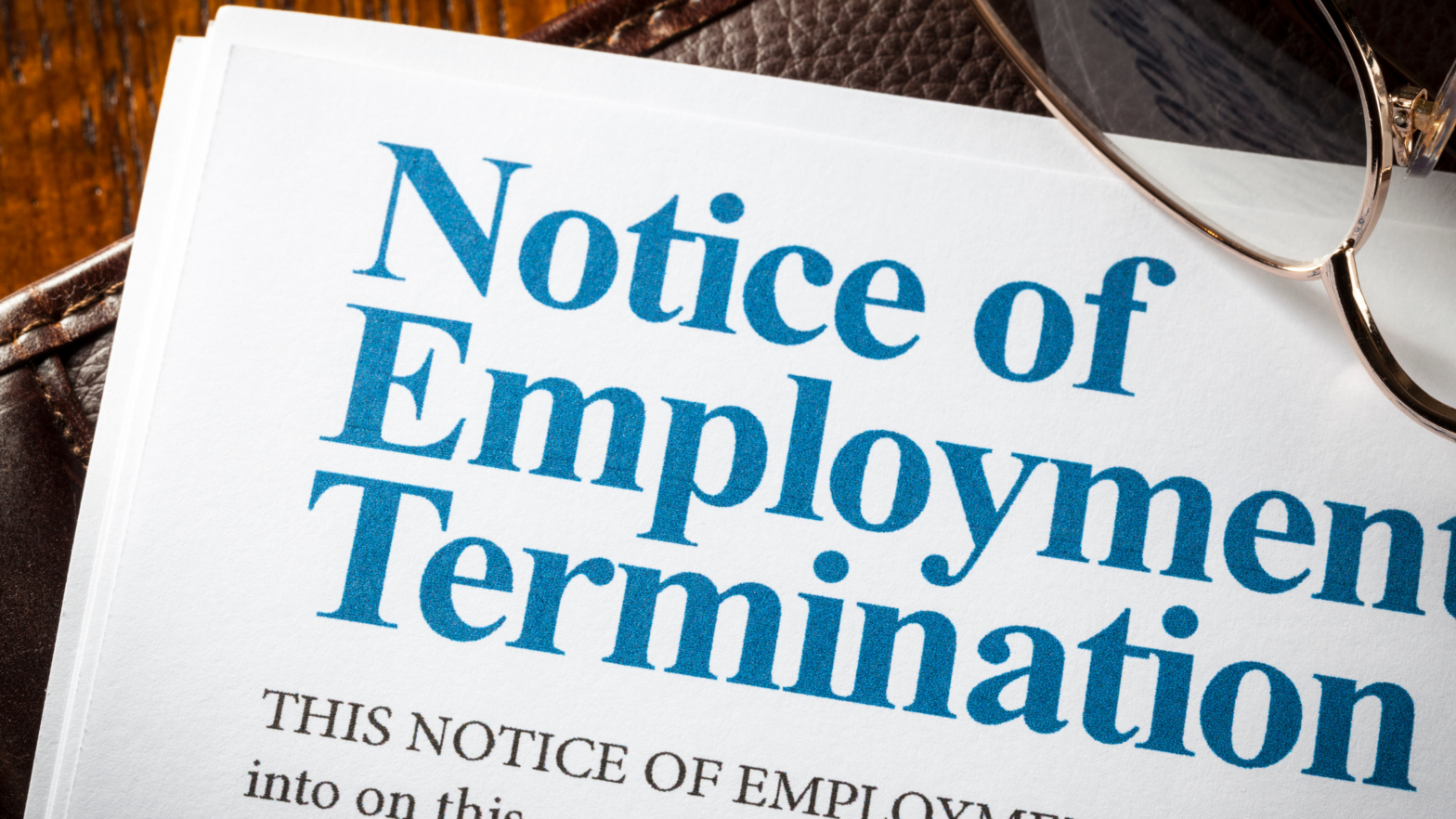Best Practices for Employer Termination Policies in Canada

Terminating an employee is one of the most challenging aspects of running a business. In Canada, employment law is highly regulated, and improper termination practices can expose employers to significant legal and financial risks. To mitigate these risks, employers must follow best practices that align with federal and provincial employment laws. This article outlines key considerations and best practices for developing fair and legally compliant termination policies such as those crafted by HR Covered and HRC Law.
Breach of Policies Cannot Alone Be Just Cause
One common misconception about employer policies generally is that a breach of them automatically furnishes the employer with just cause allowing termination without notice (or allowing a dismissal under the Canada Labour Code). Not so. Yes, policies can be an important part of a just cause case, by spelling out a rule clearly, emphasizing its importance, and putting employees on notice that termination could result if they are not compliant. And in this form, they can still have a strong deterrent effect and go some way to securing compliance, in addition to sometimes being an important reason why a dismissal is upheld. So without doubt, it is still useful to lay down consequences of breach clearly in policies. The only caveat is that the final determination of just cause will depend on many factors in addition to the written policy, and ultimately lie with a judge with wide discretion.
Comply With Employment Standards Legislation
Each province and territory in Canada has its own employment standards legislation that sets out minimum requirements for termination notice, severance pay, and just cause termination. Policies therefore have to be checked to be compliant with all employment standards statutes in every province where work will be performed, and with the Canada Labour Code if in a federally regulated industry like trucking or telecommunications. If they are out of alignment or out of date, the policies may lead to non compliant practices or steps during a termination that can have further consequences.
Distinguish Between “With Cause” and “Without Cause” Termination
Policies must differentiate between terminations with cause and without cause. With-cause terminations apply when an employee has engaged in serious misconduct, such as theft, fraud, or gross incompetence. A termination policy can outline some of these cases as well as allowing the employer flexibility to address specific cases of wrongdoing.
However, proving “just cause” is difficult because the common law sets such a high bar and requires clear evidence. As a result, HR advisors and lawyers will often recommend that employers opt for a without cause termination and pay the statutory minimums instead of alleging cause and trying to avoid those minimums. In the case of short term employees, the cost of doing it this way may be relatively minor compared to the legal fight that often ensues on a for-cause termination.
Provide Adequate Notice or Severance Pay
A good termination policy must comply with minimum requirements for termination and severance pay. Under Canadian law, employees terminated without cause are entitled to reasonable notice or severance pay, both under statute and common law.
Progressive Discipline
Finally, a good termination policy will spell out a procedure for addressing repeat instances of misconduct which individually do not amount to just cause but when taken as a whole, and having regard to repeated attempts to correct the behaviour, can reach that threshold and give the employer a stronger basis on which to rest a dismissal. Under the CLC particularly, being able to make a just cause case can be critical when dealing with more serious kinds of misconduct.
Seek Legal Advice When in Doubt
By following these best practices, employers can ensure compliance with Canadian employment law while treating employees fairly and maintaining a positive workplace reputation in the most difficult time in the employment relationship. At the same time, employment laws in Canada are complex and frequently evolving. Consulting an employment lawyer before terminating an employee can help prevent costly legal disputes.
About the Author
This article was written by Tom Archibald, one of the seasoned employment lawyers at HRC Law Professional Corporation. Tom comes with 15+ years of legal expertise in employment and labour law and a passion for helping Canadian employers navigate through complex legal landscapes. Tom’s extensive knowledge covers a wide range of employment issues, including precarious legal situations.
- Another Blow to Termination Clauses
- New Rules Take Effect for B.C. Employers and Injured Workers
- Do You Need to Name Names in a Non-Solicitation Clause?
- “Can I see your phone?”: The legalities of the Mike Babcock affair
- Searching for the “Judge-Proof” Termination Clause
- "Changed Substratum" - A Game Changer for Employees with Old and Outdated Employment Contracts
- Ontario: Business and IT Consultants No Longer Protected by Employment Standards Legislation
- B.C. employer wins time-theft case against employee who filed wrongful dismissal claim
- Case Law Update: CERB Not Deductible from Wrongful Dismissal Damages
- Employers Pay a Price for Behaving Badly




